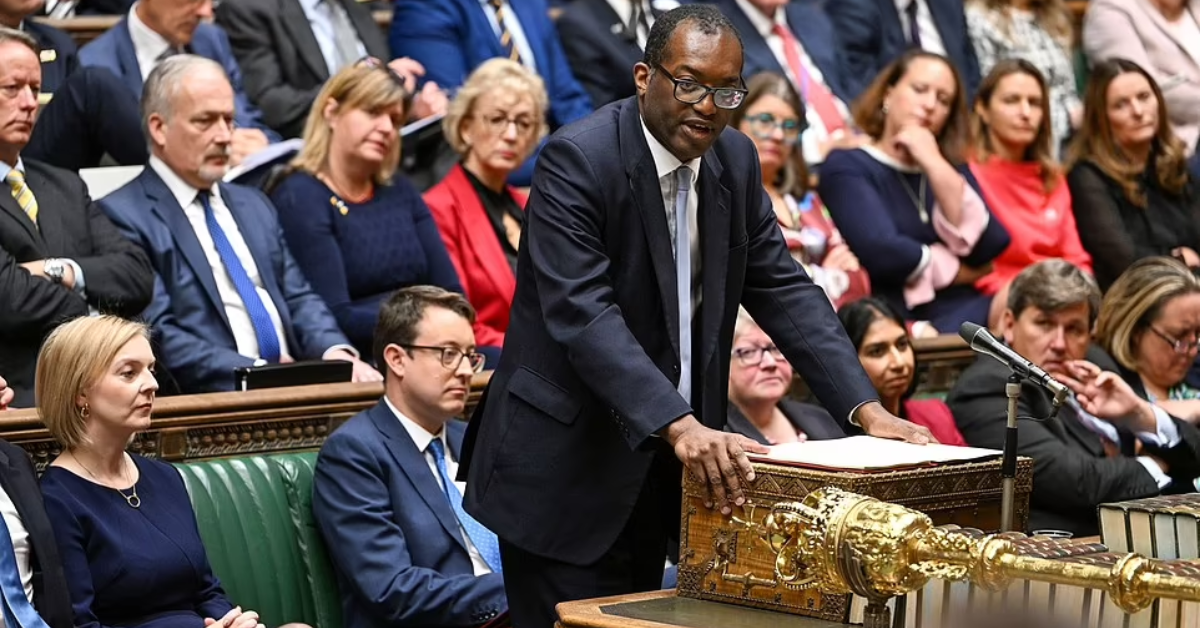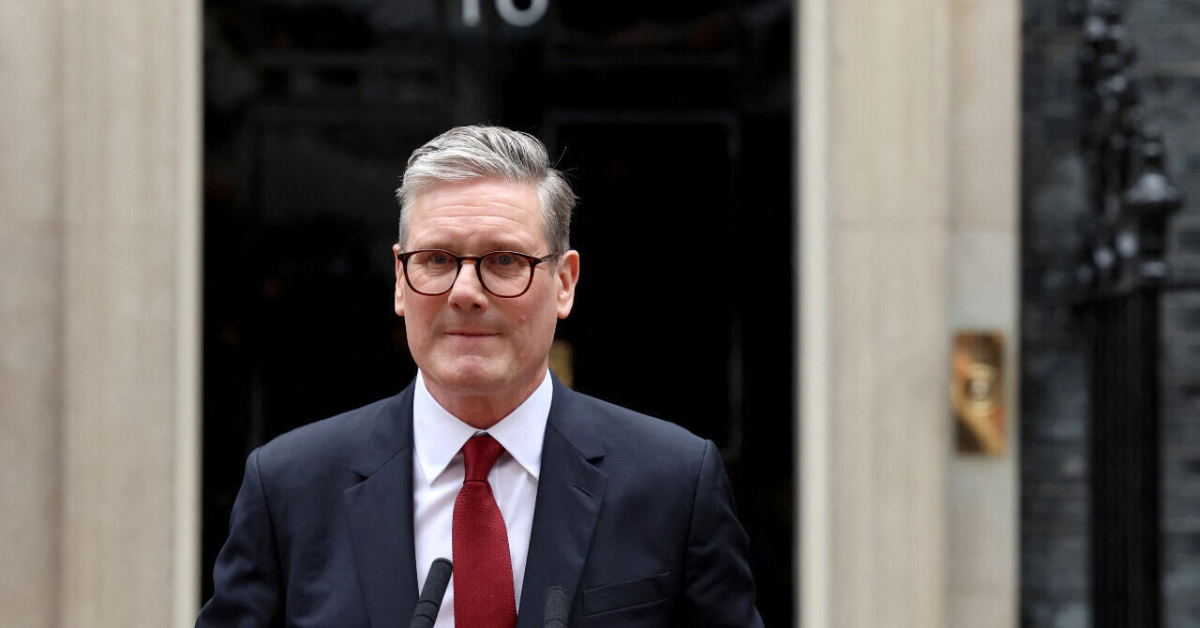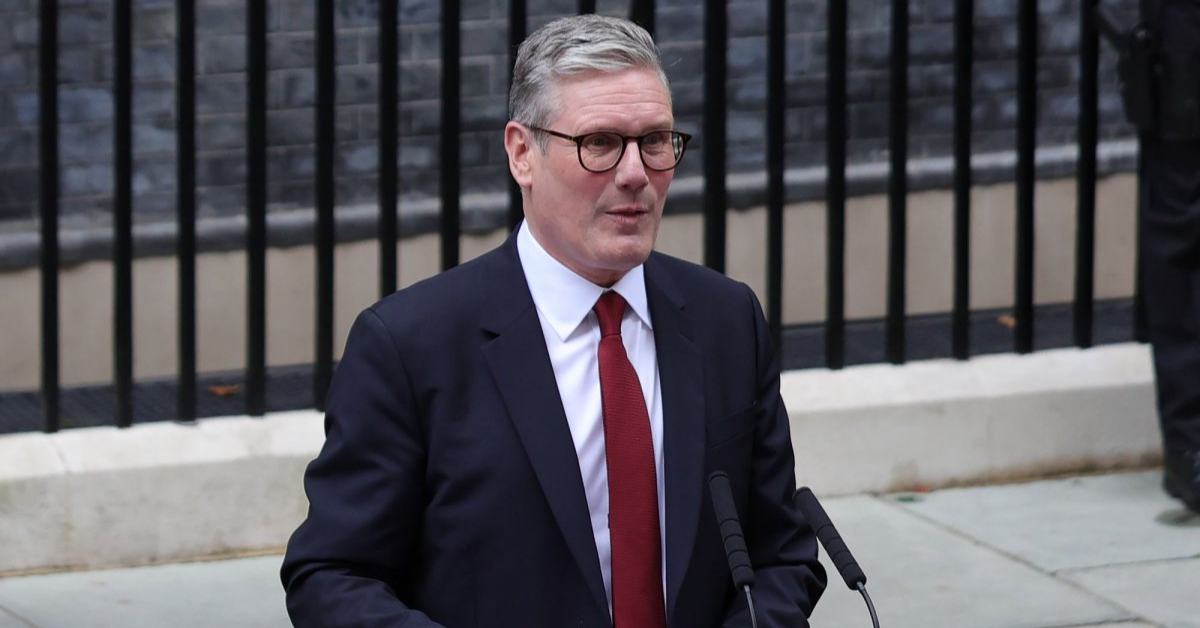The Department for Work and Pensions (DWP) has issued a stark warning about the potential impact of Labour’s proposed benefit cuts, suggesting that over 250,000 people in the UK could face significant financial hardship.
According to the DWP, these cuts could result in a loss of up to £4,500 annually for each affected individual. This drastic change may push many working-class families into poverty, intensifying concerns over the affordability of essential goods and services for the most vulnerable members of society.
The potential impact of these cuts is not just about the money lost; it’s about the ripple effect on the lives of those who rely on these benefits to make ends meet. For people already living on the edge, a £4,500 reduction could be the difference between being able to pay for food, utilities, and other basic necessities or not. With inflation already straining household budgets, this proposed move is likely to deepen the financial crisis for many.
The Key Details of Labour’s Proposed Cuts
The £4,500 annual loss comes as a result of Labour’s plans to reduce the amount of support provided to people receiving benefits. Specifically, these cuts would target various social support programs that help individuals and families cope with the rising cost of living. While Labour has argued that these changes are necessary to reallocate resources, critics argue that such reductions will only worsen inequality and make it harder for vulnerable groups to survive.
In particular, the proposed cuts would affect individuals in receipt of Universal Credit, housing benefits, and other social assistance programs. For many people in these categories, these benefits are their primary source of income. For example, a single parent with children, or an elderly person living on a state pension, could see a significant decrease in their ability to cover basic needs such as rent, food, and transport.
How Labour’s Benefit Cuts Could Push 250,000 People Into Poverty
Labour’s proposed cuts are expected to push a significant number of people into poverty, with estimates suggesting that 250,000 individuals could be affected. This figure includes families with children, the elderly, and individuals living with disabilities—groups who are already vulnerable and rely on government support to cover essential living expenses.
The financial burden of the £4,500 loss could be devastating for these individuals. For example, a family of four receiving housing benefits may struggle to keep up with rent payments, forcing them to make difficult decisions about which essentials to prioritize. For some, this could mean cutting back on food, skipping medical appointments, or foregoing transportation costs in order to make up for the loss of income.
This loss also stands to exacerbate the poverty cycle. Families and individuals who are already living paycheck-to-paycheck may find themselves unable to break free from financial hardship. As their income shrinks, the need to rely on food banks, community support services, and charity organizations will only grow.
A Closer Look at the Social Impact
Beyond the financial implications, these benefit cuts could also have severe social consequences. People who lose financial support may experience increased stress and anxiety, which can lead to health problems, family breakdowns, and a reduced quality of life. Mental health issues are already prevalent in low-income households, and this additional financial pressure could worsen the situation.
For children in these households, the consequences could be even more profound. Growing up in poverty can have long-term effects on a child’s development, limiting their access to educational opportunities, proper nutrition, and a stable home environment. Without access to the basic necessities, children’s physical and emotional well-being could suffer, perpetuating the cycle of poverty for generations to come.
What’s at Stake for the Government?
The government faces a difficult balancing act: it must address the economic challenges facing the country while ensuring that vulnerable groups are not further pushed into poverty. Critics of the benefit cuts argue that the government’s focus should be on helping the most vulnerable, especially in light of the current cost-of-living crisis. Austerity measures may have worked in the past, but now, more than ever, there is a strong call for policies that prioritize people over profit.
To address these concerns, many have called for the government to explore alternative solutions. For instance, rather than cutting benefits, experts suggest that the government could work to increase support for low-income households, ensuring that no one is left behind as the country recovers from the economic challenges caused by the pandemic and the global financial slowdown.
A Path Forward?
In the coming weeks and months, the debate over these benefit cuts will intensify. Labour’s position on the cuts is likely to be scrutinized by both supporters and opponents. As the situation unfolds, it’s important that the government carefully considers the long-term consequences of these proposed cuts and listens to the voices of those who will be most impacted.
The reality is that pushing 250,000 people into poverty could have far-reaching effects not only on individuals and families but on society as a whole. The DWP’s warning is a crucial reminder that any reduction in support must be approached with caution, as the most vulnerable members of society cannot bear the brunt of further cuts. As the nation watches closely, the need for fair and thoughtful policy solutions has never been more critical.
















Leave a Reply